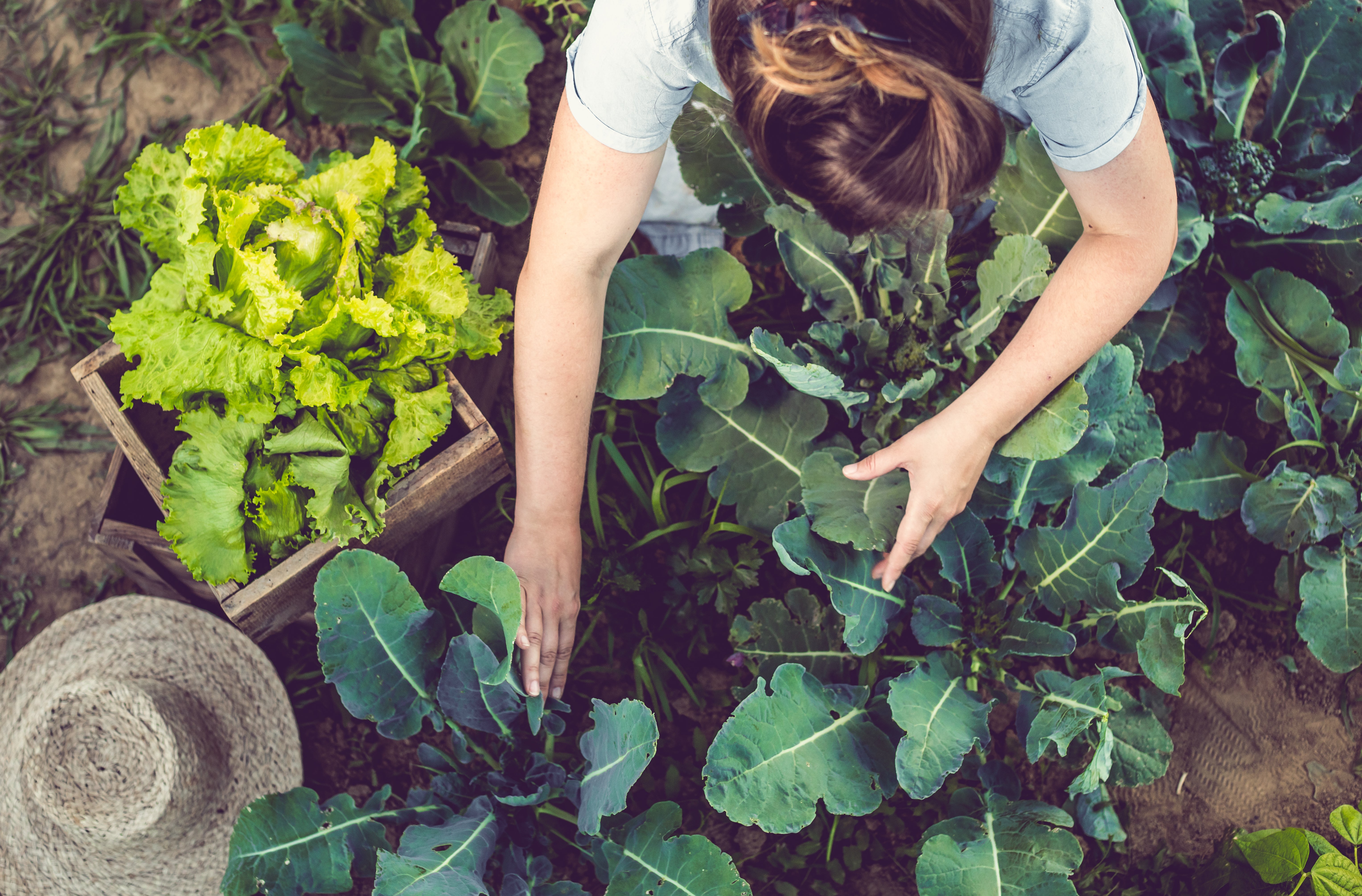Food may be Putin’s next weapon – how can we keep the world nourished?
A Putin-proof food security strategy wouldn’t subsidise wasteful use of fertiliser, grub up the hedgerows or plough the world’s wild areas


Putin’s wars don’t just happen on the battlefield. The invasion of Crimea was accompanied by a near doubling of the price Gazprom charged Ukraine for gas. The invasion of the rest of Ukraine this year followed a summer during which Russia sharply curtailed European gas sales, depleting EU gas storage during the coldest months of the year.
As the invasion drags on, it’s increasingly clear that the Kremlin may be using more than just energy as leverage – it may be using food too.
The harvest and export of food from both Ukraine and Russia will be disrupted for at least a year, possibly longer. Together, they are responsible for a fifth of global grain exports.
This is a disaster on all fronts. Ukraine’s farmers are hiding diesel from pillaging Russian soldiers in a desperate bid to keep their tractors running. The Black Sea has been mined, interrupting grain shipments. Russia has banned food exports, even to its ex-Soviet Eurasian Economic Union partners.
Russian tugboats are stealing ships full of grain from Ukrainian ports. Food prices have never been higher, risking food riots in Africa and inflation everywhere. Russia is even bombing Ukrainian food warehouses to starve its people into submission.
In the face of such extraordinary cruelty, it is only natural to think that we, in the west, must turn to the plough to keep the world fed, and show Putin he can’t intimidate us. Agribusiness lobbyists argue that the war means the EU should ditch its green farming reforms in favour of more production, while Republicans in the US are calling for the federal “conservation reserve” – land set aside for nature – to be turned over to intensive agriculture. In times of war, they say, we must sacrifice nature to feed people.
The argument may be intuitive, but it is completely wrong. There are three immediate reasons why.
First, nobody starves from lack of food. People starve from lack of money. Global stockpiles of grains are healthy, around 15 per cent higher than in 2011. Per capita food supply, globally, is over 2,800 calories per person per day: more than enough for everyone, even without Russian and Ukrainian grain.
We know that Putin’s war could put 13 million people at risk of undernourishment because of higher prices. But feeding these people would be cheap: under $7bn per year, or around a quarter of Europe’s spending on pet food per year. We can afford to feed the world without producing a single extra ear of corn.
Second, prices remain high because of waste at every stage along the food chain. Take fertilisers, now an essential part of the food system. Their prices have more than doubled since the invasion. But half the fertiliser applied to fields is wasted: washed off the soil and into rivers, destroying biodiversity. The best farms get 90 per cent of fertiliser into their crops, keeping yields high without the waste. The difference is in how smart, not how hard, we farm.
The other huge source of waste is meat. Ignore the pantomime carnivore vs vegan debate – the reality is that in the west we eat double the protein we need to be healthy. Animals consume a lot of food to turn into a small amount of meat: a chicken turns 100 calories of grain into 12 calories of meat. For a cow, it’s just three calories of beef. This adds up.
Over half of the cereals grown in the UK are fed to animals; in Germany, it’s 70 per cent. If it had been fed to people, England’s 2019 wheat crop could have provided 2,500 kcal per person a day for 63 million people, using a little under 20 per cent of English farmland.
To keep up to speed with all the latest opinions and comment, sign up to our free weekly Voices Dispatches newsletter by clicking here
Third, there is no point in “digging for victory”. We tried this in the Second World War. The Ploughing-Up Campaign saw an extra sixth of England’s agricultural land turned over to crops, but the idea that this fed the nation is a myth. All that ploughing saw food supply increase by 0.5 per cent per year, because poor soils don’t produce much food.
Even with today’s farming technology, the lowest yielding 20 per cent of farmland in England produces less than 3 per cent of the food grown. During the war, the UK more than doubled its food self-sufficiency rate, not by growing more, but by eating 40 per cent less meat than today and feeding grain and vegetables to people instead. This turned shortage into sufficiency.
So, what would a Putin-proof food security strategy look like? It wouldn’t subsidise wasteful use of fertiliser, grub up the hedgerows or plough the world’s wild areas. Instead, it would spend more on international aid, so the poorest can afford the food that’s already available. It would support farmers to farm smarter, with much less fertiliser, not to farm harder.
It would restore nature rather than expanding farmland, and it would invest in plant-based proteins to displace the wasteful industrial meat production gobbling up all the grain. And it would support the people of Ukraine to win the war, thereby denying Putin control over some of the world’s most fertile land.
Dustin Benton is a policy director at Green Alliance, an expert in food, energy and climate policy and the former chief analytical advisor for the 2021 National Food Strategy
Join our commenting forum
Join thought-provoking conversations, follow other Independent readers and see their replies
Comments